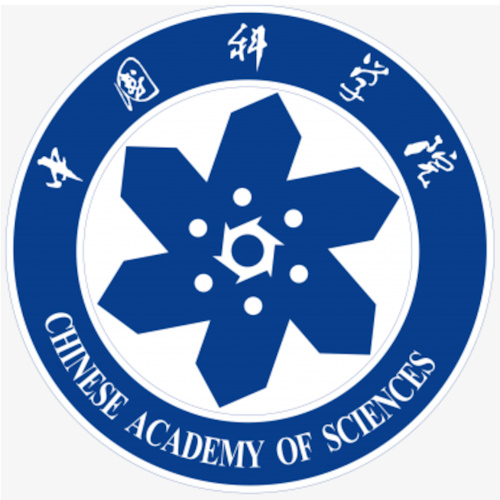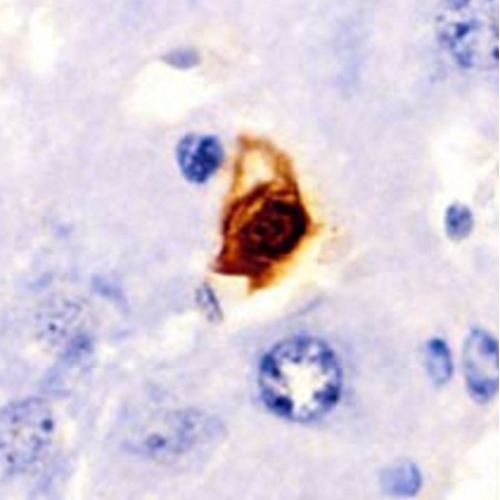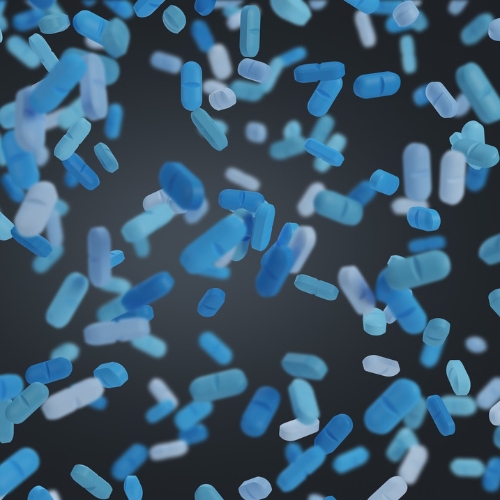Key points from article :
A new senomorphic compound from grape seed extract (GSE) enhances chemotherapy and prolongs lifespan & healthspan in mice.
GSE shows senomorphic effect - preserves senescent cells but alleviates harmful aspects of their phenotype.
At higher concentrations, GSE eliminated up to 80% of senescent cells without affecting the viability of normal cells.
A component called procyanidin C1 (PCC1) in GSE eliminated most of the cancer cells.
Mitoxantrone-PCCC1 combo remarkably enhanced tumor regression (55.2% reduction in tumor size).
In young mice, senescence-induced decline in physical abilities was largely reversed.
Bi-weekly PCC1 treatment in mice for four months eliminated senescent cells and increased physical function and longevity.
Lived almost 10% longer, and median post-treatment lifespan increased by 64%.
Supports that senolytics can effectively slow aging, even when administered later in life.
Study led by Sun Yu from CAS published in the journal Nature.







